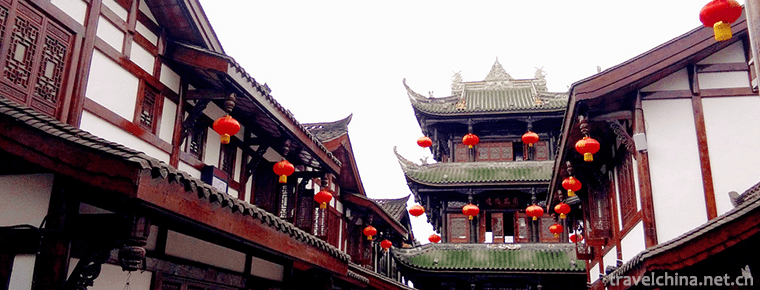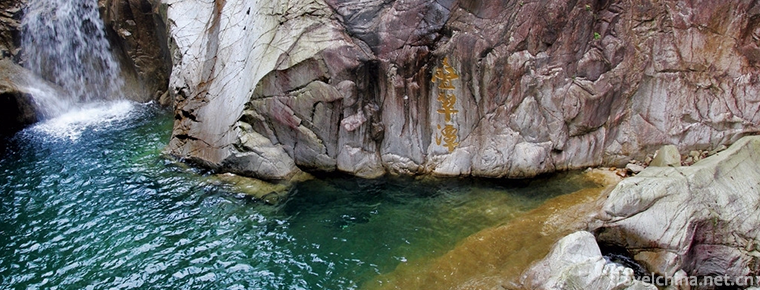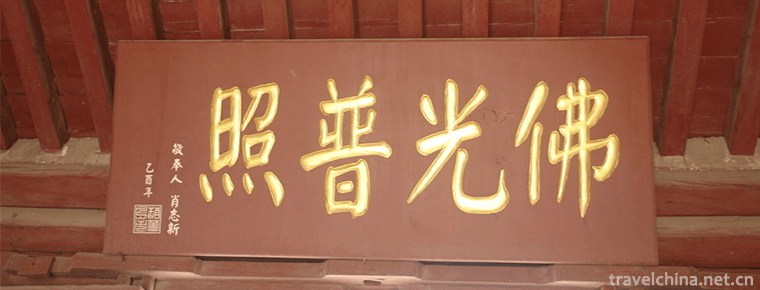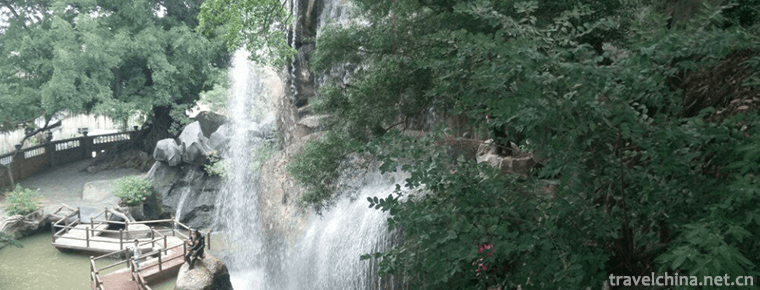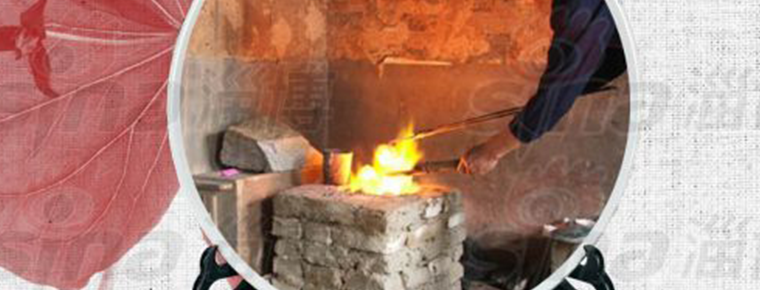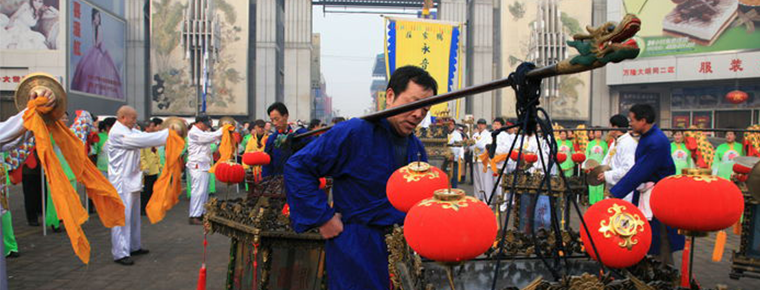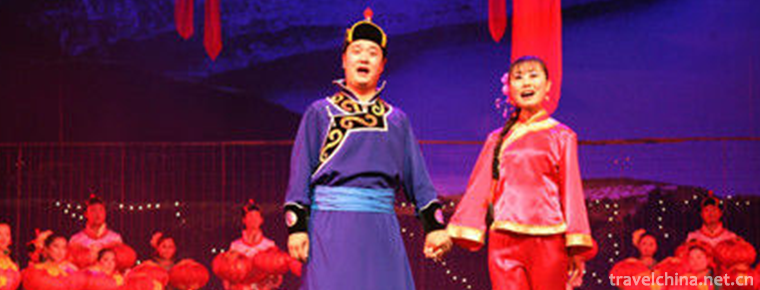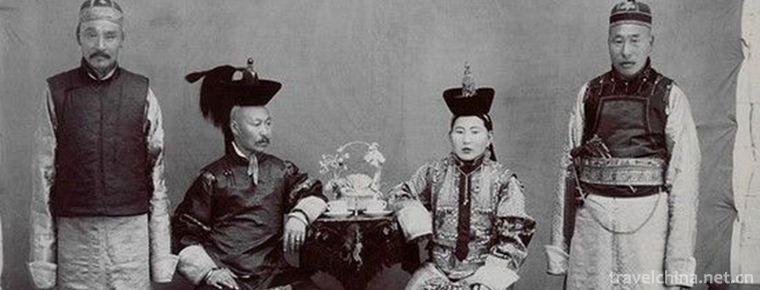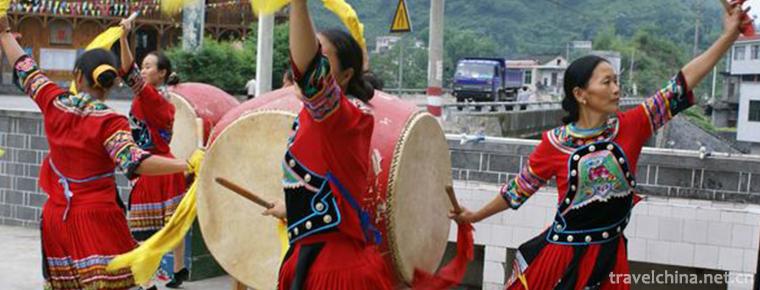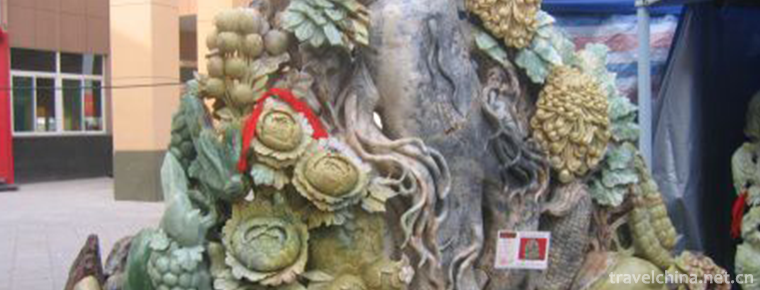Beijing Police College
Beijing Police College
Beijing Police College is a full-time general undergraduate college approved by the Ministry of Education, sponsored by the Beijing Municipal People's Government, administered by the Beijing Public Security Bureau, and administered by the Beijing Education Committee. It is a teaching and application-oriented public security college.
The College was founded in January 1984 and its predecessor was the Public Security School of the Public Security Bureau of the Peiping Municipal People's Government, which was established in April 1949. In 2004, with the approval of the Ministry of Education, it began to prepare higher undergraduate education of public security to recruit undergraduate students. In 2006, with the approval of the Ministry of Education, it established Beijing Police College on the basis of Beijing People's Police College to carry out full-time higher undergraduate education of public security and on-the-job training of civilian police.
The specialty setting of the Institute is closely related to the reality of capital public security and has distinct characteristics of public security. It now offers 9 undergraduate majors such as public security, investigation, criminal science and technology, foreign-related police affairs, public security management, traffic management engineering, network security and law enforcement, law (slow recruitment), computer science and technology (slow recruitment), etc. Four undergraduate majors, including newspaper, pre-trial, public security legal system and special police, and three specialized majors (directions) of public security management (community prevention), traffic management (traffic exploration), criminal investigation technology (police dog technology). The undergraduate education system is four years and the specialized education system is three years.
Located in Huyu Scenic Area, Nankou Town, Changping District, the College covers an area of 1200 Mu and has a building area of more than 180,000 square meters. The college has complete teaching equipment and modern teaching means, which can realize situational teaching, simulation teaching and distance teaching. Laboratories such as DNA testing, intelligence analysis, trace comparison and criminal photography are in the leading position in public security colleges and universities in China. Physical fitness, skills and police technical and tactical training venues have their own characteristics. The library has a complete collection of books, which is convenient and fast to access, and can directly serve teaching, scientific research and police practical combat. The beautiful environment, fresh air and complete facilities of the College provide good conditions for teachers and students to study, work and live.
The aim of the Institute is to build a "first-class, international level" police academy. With the general requirement of "loyalty to the Party, serving the people, impartiality in law enforcement and strict discipline", the College adheres to the idea of building a college based on seeking truth from facts, reform and innovation, consolidating the foundation and steadily developing, adheres to the policy of building a school by politics, running a school by law, building a school with characteristics, building a school by talents and strengthening a school by quality, and adheres to the principles of education, teaching and scientific research. To adhere to the development concept of close integration, mutual promotion and common improvement of public security practice, adhere to the purpose of training public security professionals for the capital public security undertakings, providing intellectual support services for the development of the capital public security work, and serving the major security tasks of the capital public security; and actively promote the service of the capital public security work with the goal of serving the capital public security work. Quality education; adhering to the policy of paying equal attention to both higher education of public security and on-the-job police training, basing on the innovation and development of police affairs in the capital, adhering to the training mode of integrative teaching and training, and training high-quality application-oriented police officers with loyal spirit, strict discipline style and excellent policing ability in accordance with the actual combat orientation; Practical police personnel.
The College conducts friendly exchanges and academic exchanges with multinational police agencies around the world. With the improvement of the level of running a school and the development of scientific research activities, especially with Beijing's development strategy positioned at the "four centers", the scale of external and academic exchanges of the college has been expanding.
Since the founding of the school, after several changes, the school has always adhered to the policy of political school-building and strict school management. The majority of teachers and staff have worked hard to train a number of public security professionals. More than 40,000 graduates have been trained and transported to public security organs at all levels. A number of heroic models, field experts and excellent leading cadres have emerged and become trainers. The cradle of reserve personnel, the main position of on-the-job training, the base of police theory and scientific and technological research have made historic contributions to the inheritance and development of the capital's public security undertakings, and are known as the cradle of the capital's police officers.

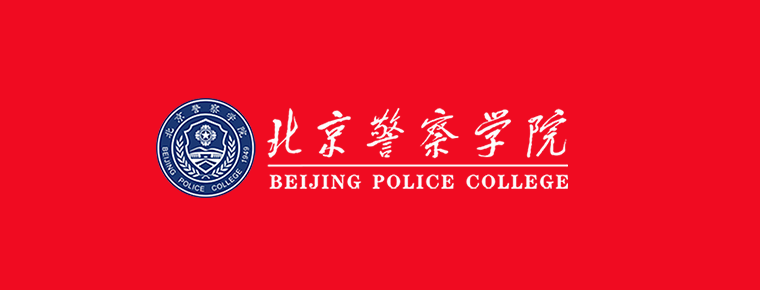
-
The AncientCity of Lang Zhong
Langzhong Ancient City is a national AAAAA-level tourist attraction, a thousand-year-old county, the hometown of Chinese Spring Festival culture, one of the four ancient cities in China..
Views: 165 Time 2018-12-12 -
nanling national forest park
Nanling National Forest Park is the largest nature reserve in Guangdong Province and a treasure house of rare animals and plants. The park is located in the core of Nanling Mountains.
Views: 138 Time 2018-12-31 -
Feng Guo Temple
Fengguo Temple is located in Yixian County, Jinzhou City, Liaoning Province, China. It was founded in the ninth year of Kaitai, Liaoning Province (1020). It was first named Xianxi Temple and later cha.
Views: 150 Time 2019-01-12 -
Lianhua Rural Tourist Area
Lianhua Rural Tourist Area is a national AAAA-level tourist area, located in the northeast of Chenghai District, Shantou City, with Dongli Town in the East and Tiepu Town in Chaozhou City in the west.
Views: 127 Time 2019-01-29 -
Smelting Technology of Gold Chute Stone fill Stove
The smelting technique of gold chute rockfill stove was first seen in the history of Song Dynasty. Since the fourth year of Jingde in the Song Dynasty, Minister Pan.
Views: 251 Time 2019-05-04 -
Jin men drum
Jinmen Fagu is a local traditional music and dance art in Tianjin, which appears in the form of performances of the Lao Hui or the Sacred Congregation. In June 2008,.
Views: 137 Time 2019-05-07 -
Man Han tune
Han Han tune. Chinese translation means desert tone. A form of folk songs. Mainly popular in Mongolia and Han mixed Yikezhao League Zhungeer Banner, Dalat Banner and Baotou City Tumut Right Banner, Ho.
Views: 114 Time 2019-05-21 -
Miao Silver Jewelry Forging Techniques
Miao silver jewelry forging technology takes silver as raw material. The pattern and structure of silver jewelry have been carefully designed by the craftsmen. There are 30 processes from drawing to c.
Views: 156 Time 2019-06-05 -
Tauk Taohu
Tao Ketaohu (May 13, 1864-April 1922), also translated as "Tao Ketao", Fuer Zhijin, Mongolian, the former Banner of Guoerros in Zhelimu League, Mongolian subordinate aristocrat of Nezhazazak.
Views: 97 Time 2019-06-18 -
Encouragement of Miao Nationality in Western Hunan
Encouraged by the Miao people in Western Hunan Province, the traditional dance of Tujia and Miao Autonomous Prefecture in Western Hunan Province is one of the national intangible cultural heritage..
Views: 233 Time 2019-07-03 -
Xiuyan Jade Carving
Xiuyan Jade Carving, one of the national intangible cultural heritage, is a local traditional art in Xiuyan Manchu Autonomous County, Liaoning Province..
Views: 116 Time 2019-07-08 -
Education in Panzhihua
By the end of 2018, Panzhihua had 2 ordinary colleges and universities, 56 ordinary secondary schools, 7 secondary professional schools, 60 primary schools and 194 kindergartens. There are 26617 students in Colleges and universities, 72372 students in secondary schools.
Views: 332 Time 2020-12-14
